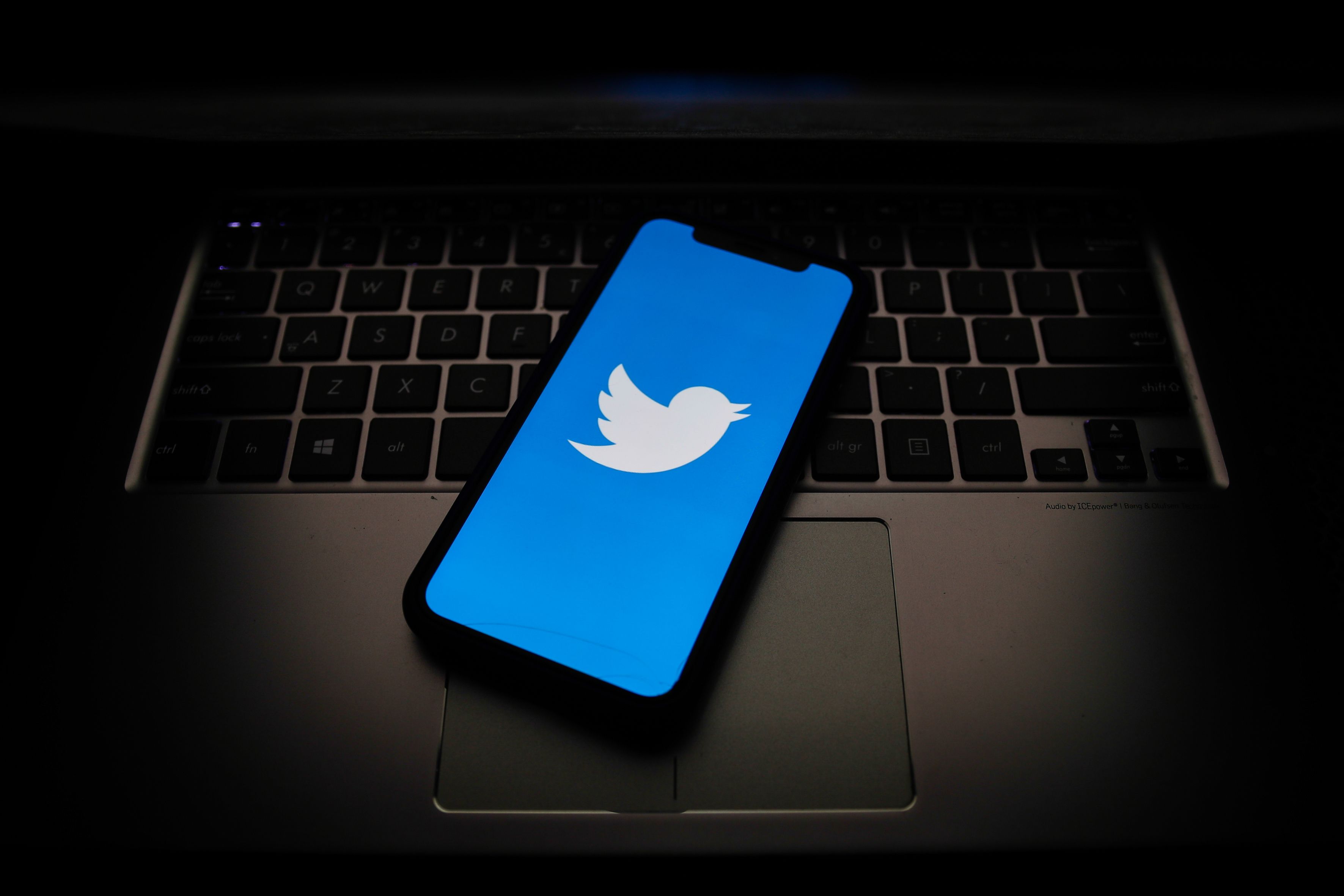New Twitter policy aims to break the fog of war misinformation
SAN FRANCISCO — Twitter is stepping up its fight against misinformation with a new policy to combat messages that spread potentially dangerous false stories. The change is part of a wider effort to promote accurate information in conflict or crisis.
Starting Thursday, the platform will no longer automatically recommend or highlight posts that make misleading claims about Russia’s invasion of Ukraine, including material that mischaracterizes conditions in conflict zones or false allegations of war crimes or atrocities against civilians.
Under its new “crisis misinformation policy,” Twitter will also add warning labels to debunked claims about ongoing humanitarian crises. Users will not be able to like, forward, or comment on messages that violate the new rules.
The changes make Twitter the latest social platform to grapple with the misinformation, propaganda, and rumors that have proliferated since Russia invaded Ukraine in February. That misinformation ranges from rumors spread by well-meaning users to Kremlin propaganda reinforced by Russian diplomats or fake accounts and networks linked to Russian intelligence services.
“We’ve seen both sides share information that could be misleading and/or deceptive,” said Yoel Roth, Twitter’s head of security and integrity, which explains the new policy to reporters. “Our policy makes no distinction between the different combatants. Instead, we focus on misinformation that can be dangerous, no matter where it comes from.”
The new policy complements existing Twitter rules banning digitally manipulated media, false claims about elections and voting, and health disinformation, including debunked claims about COVID-19 and vaccines.
But it could also clash with the views of Tesla billionaire Elon Musk, who has agreed to pay $44 billion to take over Twitter to turn it into a haven for “free speech.” Musk hasn’t discussed many cases of what that would mean in practice. However, he said that Twitter should only remove posts that break the law, which would prevent action from being taken on most misinformation, personal attacks, and harassment. He has also criticized the algorithms used by Twitter and other social platforms to recommend certain posts to individuals.

The policy is broadly written to cover misinformation during other conflicts, natural disasters, humanitarian crises, or “any situation where there is a widespread threat to health and safety,” Roth said.
Twitter said it will rely on various credible sources to determine when a message is misleading. Those sources include humanitarian groups, conflict monitors, and journalists.
A senior Ukrainian cybersecurity official, Victor Zhora, welcomed Twitter’s new screening policy and said it is up to the global community to “find the right approaches to prevent the spreading of misinformation on social networks”“.
While the results have been mixed, Twitter’s efforts to address misinformation about the conflict in Ukraine are surpassing those of other platforms that have taken a more hands-off approach, such as Telegram, which is popular in Eastern Europe.
Asked specifically about the Telegram platform, where disinformation from the Russian government is rampant but where Ukraine’s leaders also reach a wide audience, Zhora said the question was “tricky but very important”“. That’s because the kind of misinformation being spread on Telegram without restriction “led to this war to some extent.”
Since the Russian invasion began in February, social media platforms such as Twitter and Meta, the owner of Facebook and Instagram, have tried to address the proliferation of war-related misinformation by labeling posts from Russian state-controlled media and diplomats. They’ve also emphasized some material, so it no longer appears in searches or automatic recommendations.
Emerson Brooking, a senior fellow at the Atlantic Council’s Digital Forensic Research Lab and an expert on social media and disinformation, said the conflict in Ukraine shows how easily misinformation can spread online during battle, and platforms need to respond.
““This is a conflict that has unfolded on the Internet that has led to extremely rapid changes in technology policy,” he said.




